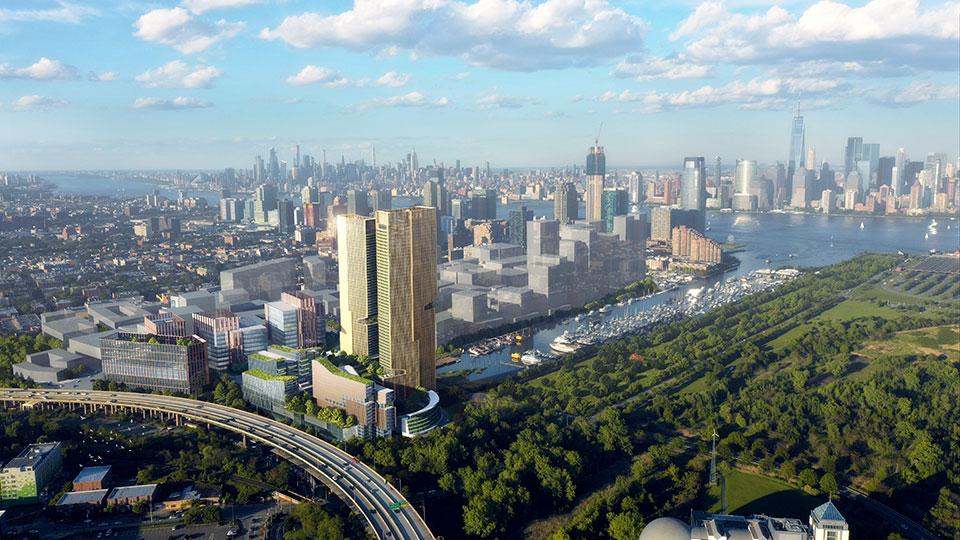Thermal Energy Recovery From Wastewater
Discussing using wastewater systems as district energy sources to support decarbonization goals

Jim McQuarrie, Tetra Tech’s One Water innovation lead, and Jake Derlaga, director of high performance analysis, discuss the potential for wastewater systems to be utilized as a district energy source that can help fulfill energy decarbonization goals.
This year’s Intergovernmental Panel on Climate Change (IPCC) report matched our personal observations—the world’s climate is changing. Continued economic growth and environmental sustainability are inextricably linked by climate change impacts, as well as the carrying capacity and finite limitations of natural resources. There is not one without the other.
The make-take-dispose model of the 20th century is giving way to a far more circular economy powered by renewable energy and resourced by the widespread adoption of social and business practices that reform spent materials (i.e., waste) into recyclable assets.
Innovative approaches to decarbonizing the built environment can be achieved through collaboration and partnering of various stakeholders, such as policy makers, architects, urban planners, and civil infrastructure experts. Working together, these stakeholders can deliver transformational, sustainable communities that incorporate the principles of a circular economy into holistic system designs for campuses and districts. Because these systems require agreements and business models that are new to the United States, they require flexibility in terms of structures of governance, utility services, and energy service agreements to accommodate the types of partnerships that can effect substantive change. In this article, we will explain how The Cove can become a model for applications of such novel and transformational systems.
Photo © Inplace Visuals for Ennead Architects

